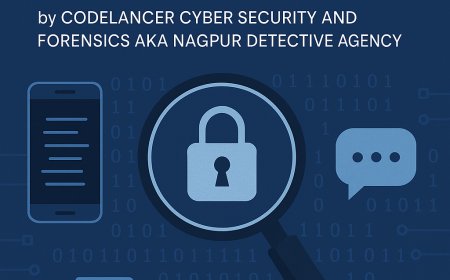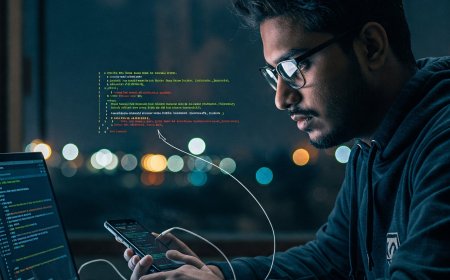Navigating the Legal Landscape of Digital Forensics
Codelancer offers comprehensive digital forensics services that adhere to legal and ethical standards. Our experts can collect, analyze, and present digital evidence in a court-admissible manner.

Navigating the Legal Landscape of Digital Forensics
Digital forensics, a critical tool in modern investigations, is a complex field with intricate legal implications. From cybercrime to civil litigation, the ability to collect, preserve, and analyze digital evidence effectively can significantly impact the outcome of a case.
The Legal Framework of Digital Forensics
To ensure the admissibility of digital evidence in court, it's essential to adhere to strict legal guidelines:
- Chain of Custody: Maintaining an unbroken chain of custody is crucial to guarantee the integrity of digital evidence. This involves documenting every step of the evidence collection, analysis, and preservation process.
- Data Acquisition Methods: Employing sound forensic techniques and tools is paramount to avoid altering or corrupting the original data.
- Expert Witness Testimony: Qualified digital forensics experts can provide expert testimony in court, explaining the technical aspects of the investigation and the significance of the evidence.
Privacy and Ethical Considerations
Digital forensics investigations must be conducted with utmost respect for privacy and ethical guidelines:
- Data Protection Regulations: Adherence to data protection laws, such as GDPR and CCPA, is essential.
- Search and Seizure Laws: Obtaining legal authorization, such as warrants, is often necessary to access and collect digital evidence.
- Ethical Guidelines: Digital forensics professionals must abide by ethical principles and avoid unauthorized access or data breaches.
Emerging Legal Challenges
The rapidly evolving digital landscape presents new legal challenges for digital forensics:
- Cryptocurrency and Blockchain: Investigating cryptocurrency-related crimes and recovering digital assets poses unique legal complexities.
- IoT Devices: The proliferation of IoT devices raises questions about data privacy, security, and legal liability.
- Cloud Computing: The distributed nature of cloud storage can complicate digital forensics investigations.
Codelancer's Commitment to Legal Compliance
At Codelancer, we prioritize legal compliance and ethical considerations in all our digital forensics investigations. Our team of experts stays up-to-date with the latest legal developments and ensures that our work meets the highest standards.
By understanding the legal framework and ethical guidelines, we can effectively navigate the complex landscape of digital forensics and provide reliable, admissible evidence.
What's Your Reaction?








































